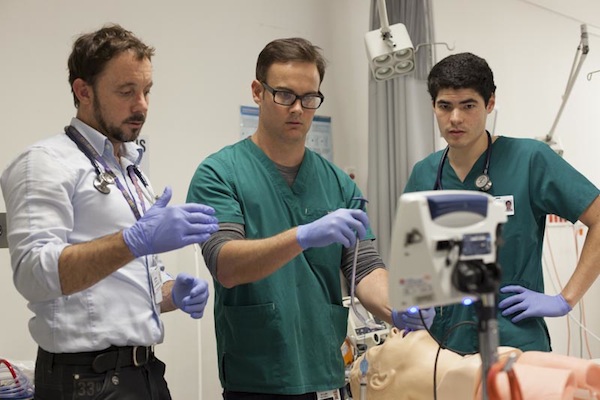HETI is responsible for enhancing the delivery of both specialist and non-specialist medical education and training in NSW. This occurs through support for a number of networked training programs in: hospital skills, basic physician, paediatrics, psychiatry, general surgery and emergency medicine training, as well as other support processes for a range of other specialties, such as radiology and oncology and through the provision of leadership programs to empower medical trainees and junior consultants.
Vocational Medical Training
Key Programs
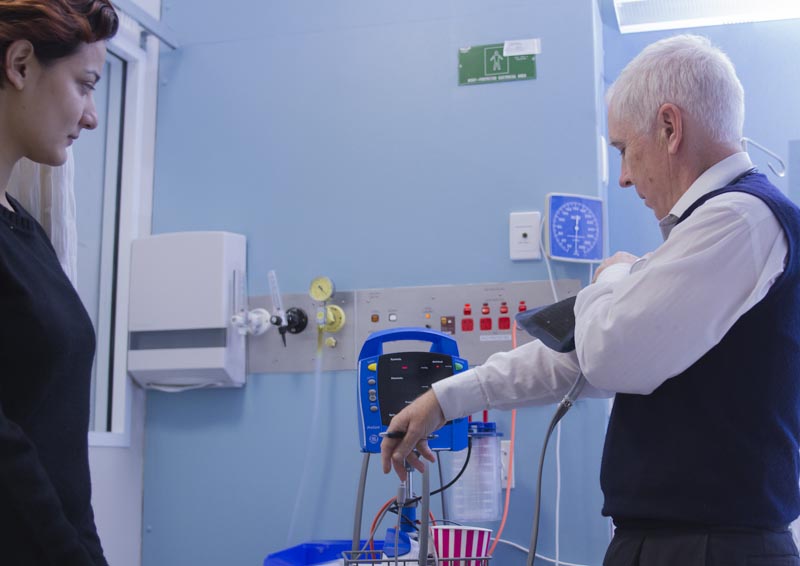 Basic Physician Training
Basic Physician Training
Basic physician training is a period of clinical training for internal medicine. You can become a BPT after completing the first two prevocational years of training.
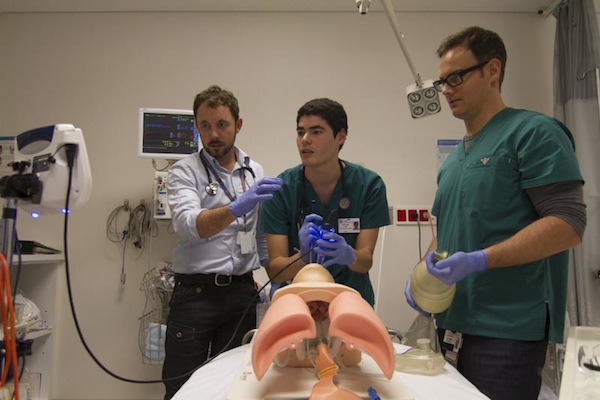 Emergency Medicine Network Medicine Network Training Program
Emergency Medicine Network Medicine Network Training Program
The Emergency Medicine Networks provide educational online resources and trainee conference days, together with high quality anatomy models for teaching across the EDs, to support Emergency Medicine trainees in NSW.
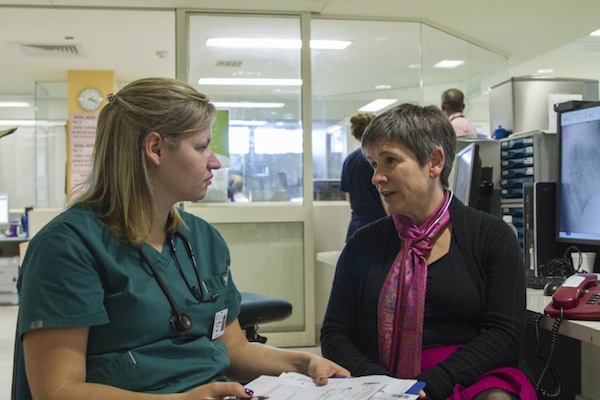 Hospital Skills Program
Hospital Skills Program
The HSP provides continuing professional development for 'non-specialist' doctors (SRMOs, CMOs, Hospitalists and others) working in NSW Health.
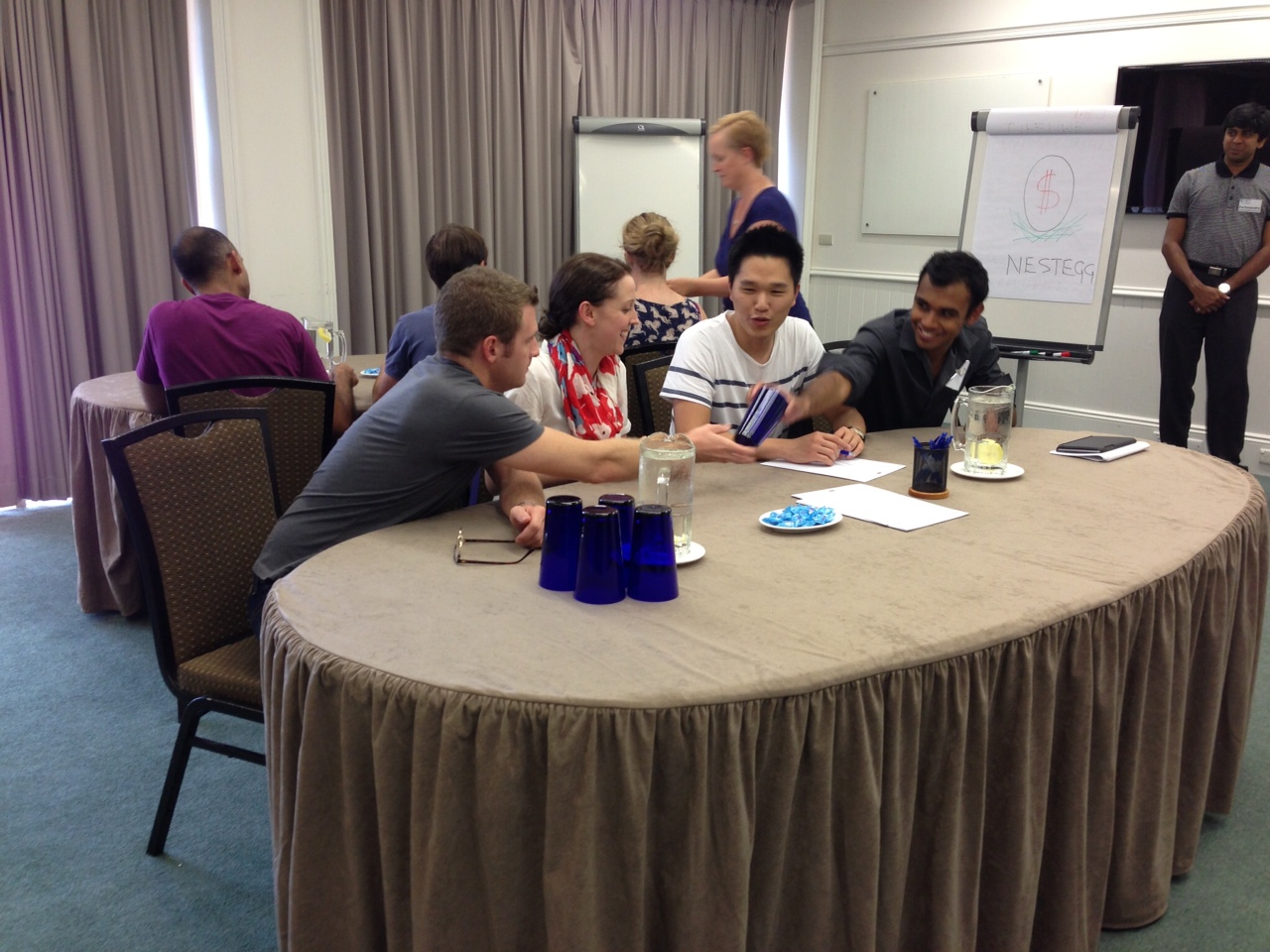 Lead and Leap Leadership Development Programs
Lead and Leap Leadership Development Programs
LEAD and LEAP is two programs in one for senior doctors (LEAD) and for doctors in training (LEAP). The program aims to improve communication and teamwork skills by engaging in ongoing professional development.
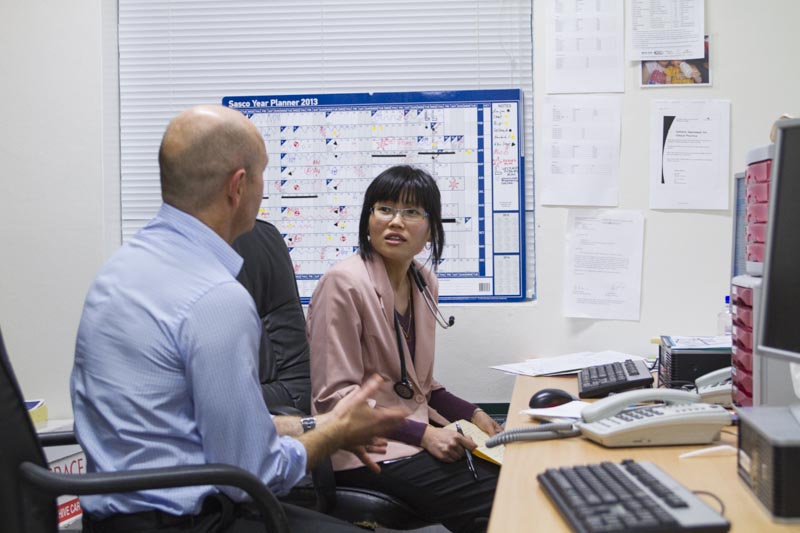 Medical Administration Training Program
Medical Administration Training Program
HETI is working in partnership with the Royal Australasian College of Medical Administrators (RACMA), Local Health Districts (LHDs) and training providers to implement a networked program for medical administration trainees.
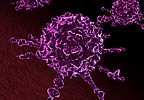 Oncology Training in NSW
Oncology Training in NSW
HETI facilitates educational and professional development resources and manages the Basic Sciences in Oncology Course (BSOC) to support Oncology Trainees in NSW.
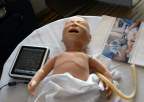 Paediatric Physician Training
Paediatric Physician Training
The Paediatric Physician Training Network is comprised of three networks - Greater Eastern, Northern and Western. Each network comprises clinical training across a number of sites, formal exam preparation and a professional development program.The networks all provide the following programs: Teaching on the Run, Communication Skills, Leadership and Management.
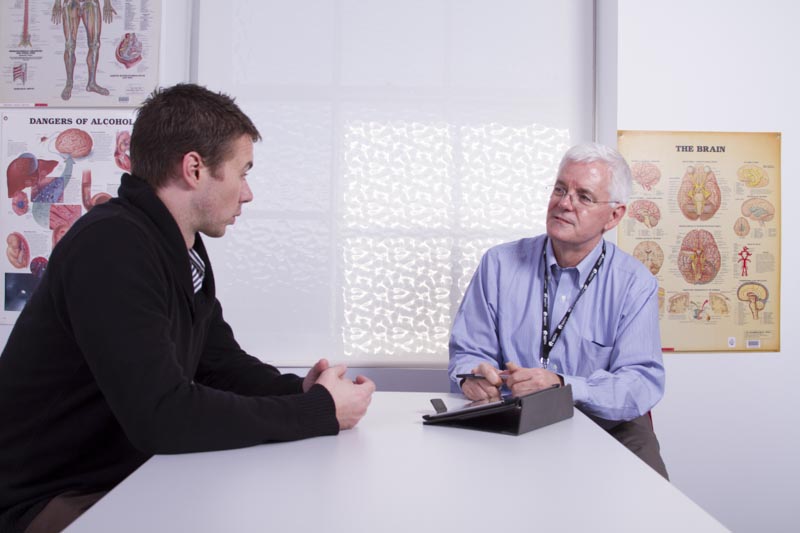 Psychiatry Training Program
Psychiatry Training Program
The Psychiatry Training Program is a networked approach to training, bringing together hospitals and community health services from across NSW.
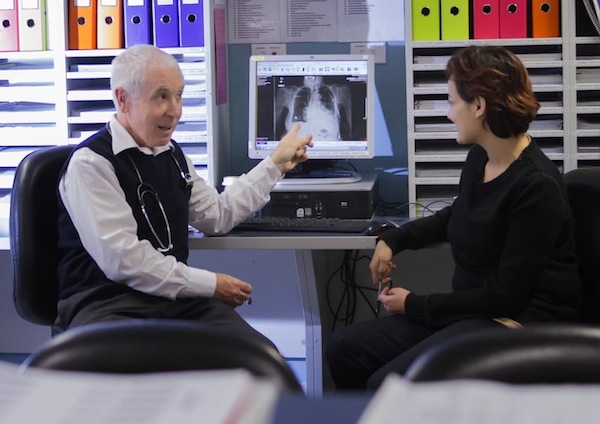 Radiology Network Training Program
Radiology Network Training Program
Provides expert advice on issues surrounding the delivery of Radiology training, and included representatives from the Royal Australian and New Zealand College of Radiologists (RANZCR), trainees, trainers, and health service administration.
 Surgical Skills
Surgical Skills
The Surgical Skills networked system of training was an outcome of the review of the delivery of the Royal Australasian College of Surgeons (RACS) BST program in NSW. Each Network is managed by a Network Management Committee (NMC), which includes clinician, trainee, hospital administration, and Area Health Service (AHS) representatives.


